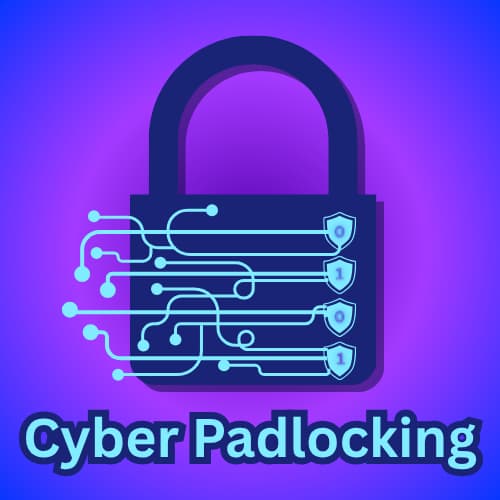What is Cybersecurity?
Cybersecurity is the term we use for protecting your digital systems, networks, and data from unauthorized access, theft, or damage. It comprises of everything from safeguarding customer information and company emails to ensuring you’re that business systems keep always running smoothly.
In simpler terms: cybersecurity is like locking your doors, windows, and safes except for the digital world.
Cybersecurity for Small and Medium-Sized Businesses (SMBs)
In the highly digital world of today, small and medium-sized businesses (SMBs) face ever growing cybersecurity risks. Cyberattacks, data breaches, and ransomware incidents are no longer just a problem for large corporations. In fact, SMBs are often targeted because they typically have fewer security resources and training in place.
Why Cybersecurity Matters for SMBs
Too many small and medium businesses just assume they are too small to be a target, and why would anyone be interested in their small unknown business, but in reality, it is very different. Around 43% of cyberattacks target small businesses, because they are an easy target with not only their own value but potentially as an avenue to other businesses and bigger corporations.
About 60% of SMBs go out of business within six months of a serious cyberattack. Once they are hit the cot of reputation along with rebuilding and regulatory fines are often too much for a small business to recover from.
Cybersecurity is critical to protect your:
- Customer Trust: Customers expect their data to be safe and that you have done everything in your power to protect it. A breach can irreparably damage your reputation.
- Financial Security: Cyberattacks can lead to direct financial losses, fines, and legal costs, can you afford to cover all this?
- Business Continuity: Attacks like ransomware can halt operations for days or weeks.
Threats and Mitigation.
Common Cybersecurity Threats SMBs Face;
So, what do SMBs typically face? Well in truth it is many of the same threats that larger companies face. Here are some of the common threats.
- Phishing Attacks - Emails or messages that trick employees into giving away passwords or clicking malicious links.
- Ransomware - Malware that locks your files and demands payment to restore access.
- Weak Passwords and Credentials - Simple or reused passwords make it easy for attackers to access systems.
- Unpatched Software - Failing to update software leaves vulnerabilities that hackers can exploit.
- Insider Threats - Mistakes or malicious actions by employees can compromise security.
- Data Breaches - Unauthorized access to sensitive customer or business data.
Practical Cybersecurity Measures for SMBs
Cybersecurity doesn’t have to be complex or expensive. Here are essential steps SMBs can take:
- Train Employees - Educate staff about phishing, password safety, and safe internet practices.
- Use Strong Passwords and Multi-Factor Authentication (MFA) - Passwords should be complex, unique, and combined with MFA for extra protection.
- Keep Software Updated - Regularly install updates for operating systems, applications, and antivirus programs.
- Backup Your Data - Regularly back up data to secure, offline, or cloud storage.
- Install Security Software - Use firewalls, antivirus programs, and endpoint protection.
- Limit Access - Only give employees access to the data and systems they need.
- Develop an Incident Response Plan - Have a plan for what to do if a cyberattack occurs, including who to contact and how to recover data.
Talk about your brand
Cybersecurity is not optional for small and medium businesses to survive, it is a critical part of running a safe and successful business.
By understanding the risks and taking practical steps, SMBs can protect
themselves, their employees, and their customers from cyber threats.
Think of cybersecurity as an investment in your business’s
future, a little prevention today can prevent a major crisis tomorrow.
